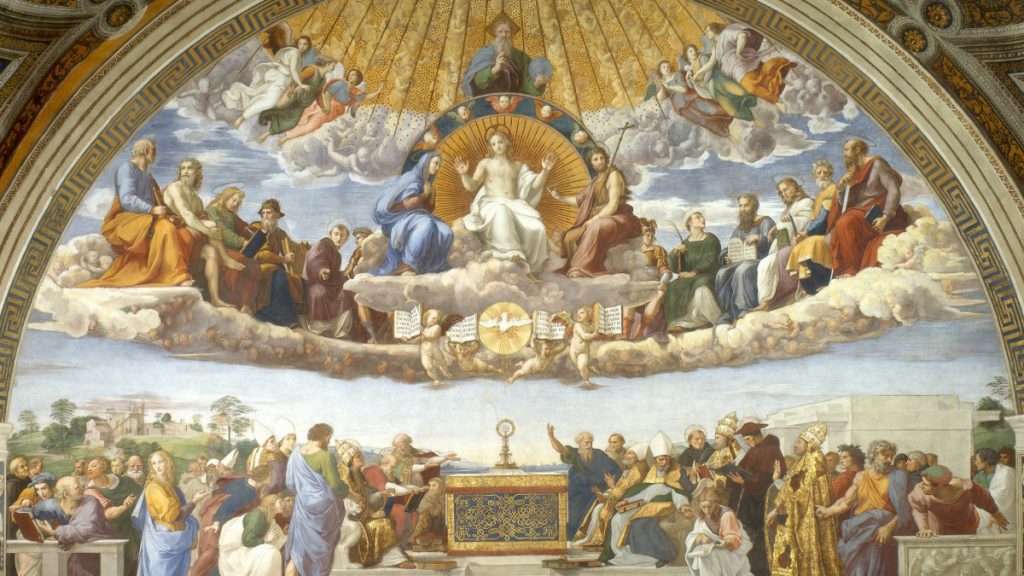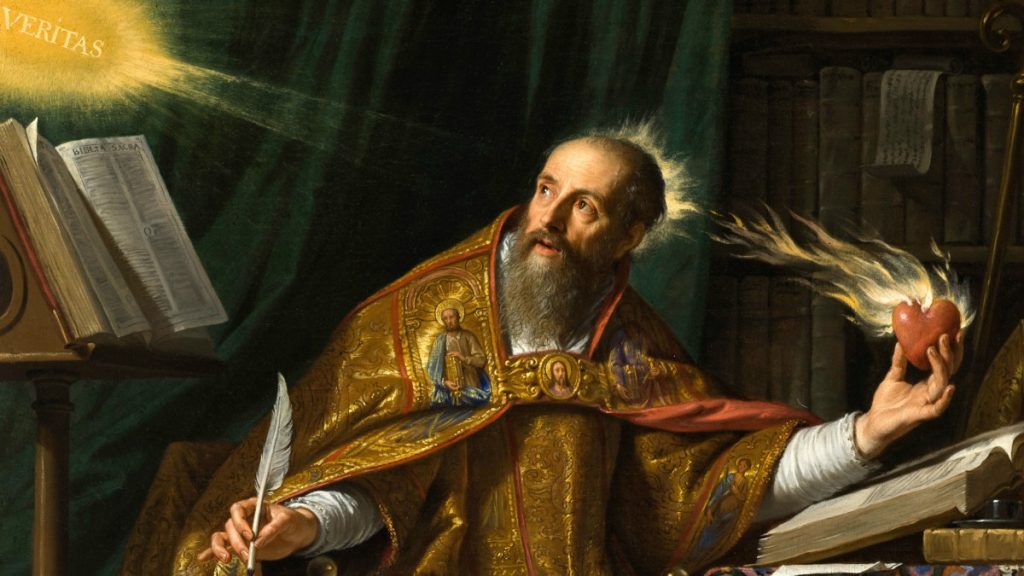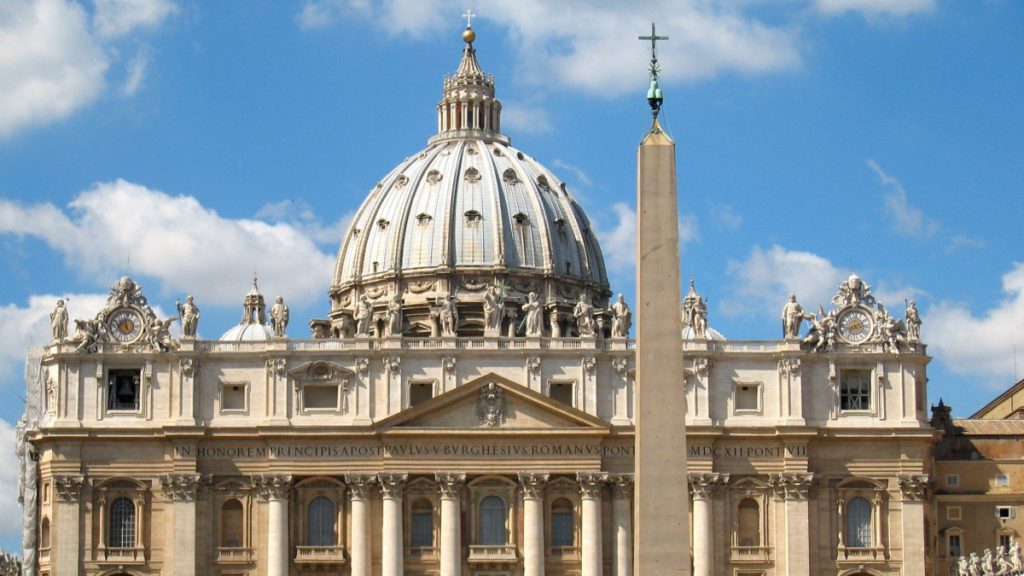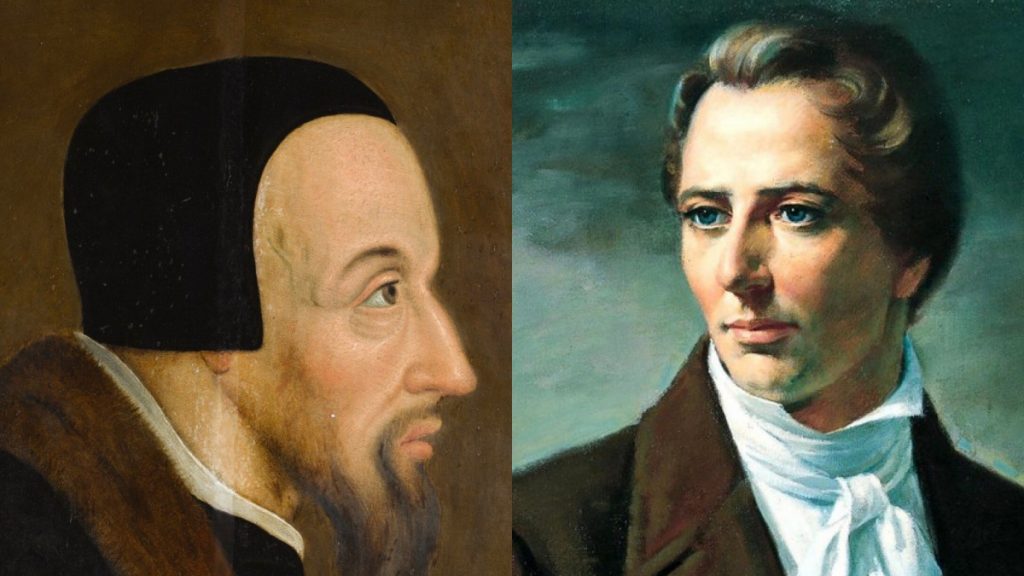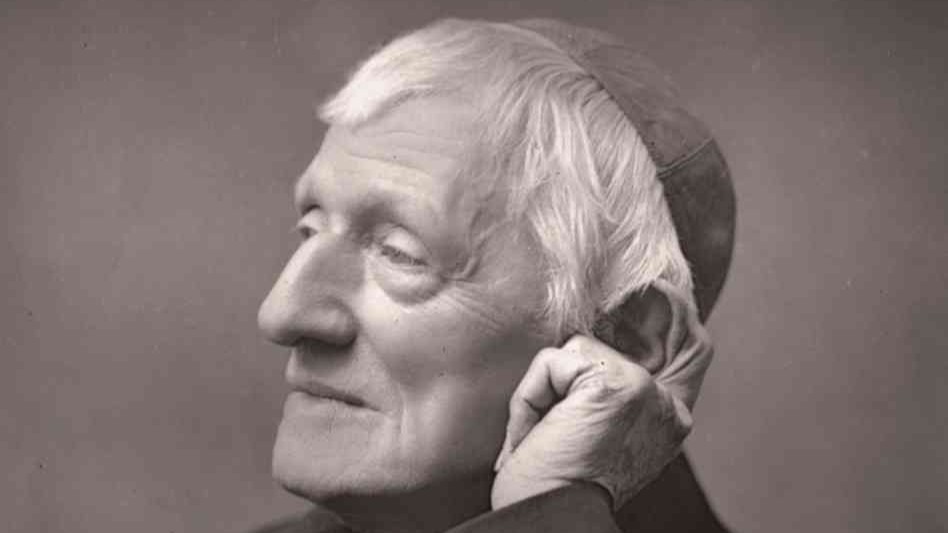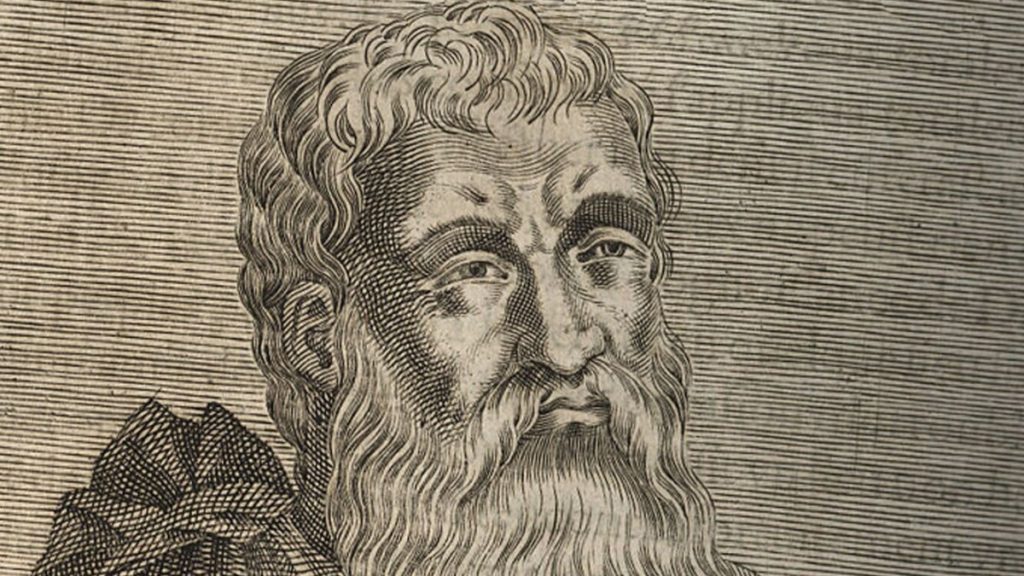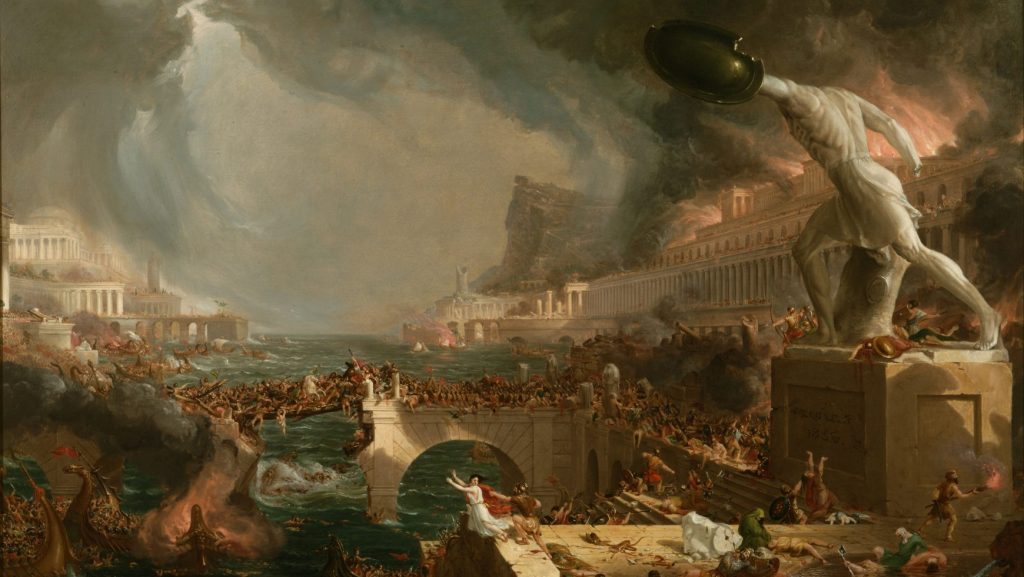(Updated July 15, 2025)
This Author Quote Archive collects pertinent quotes from the Church Father, St. Pope Damasus I.
Next to each quote are the Topic Quote Archives in which they are included.
This Quote Archive is being continuously updated as research continues. Quotes marked with “***” have not yet been organized into their respective Topic Quote Archives.
Letters
St. Pope Damasus I, Letter 3: Per filium meum Vitaliem (375)1 ***
Damasus to his most beloved brother Paulinus. By my son Vitalis, I directed to you a letter, in which I left everything to your discretion. And through Petronius the presbyter, I briefly indicated that, just as he set out, I was rather upset. And so lest any scruple should remain in you, and lest your wise caution should deter those who would perhaps want to be joined to the Church, we are sending you a statement of faith, not so much for yourself, who share the communion of the same faith, as for those who, by subscribing to it, may wish to be joined to you, that is, to us through you, most beloved brother. Further, if my son Vitalis, mentioned above, and those with him, should desire to be brought into the flock, they ought first to subscribe to that exposition of faith which was affirmed by the pious will of the Nicene fathers.
St. Pope Damasus I, Letter Condemning Apollinarianism, quoted by Theodoret of Cyrus, Ecclesiastical History
When the most praiseworthy Damasus had heard of the rise of this heresy, he proclaimed the condemnation not only of Apollinarius but also of Timotheus his follower. The letter in which he made this known to the bishops of the Eastern empire I have thought it well to insert in my history.
[Letter of St. Pope Damasus]
Most honorable sons: Inasmuch as your love renders to the apostolic see the reverence which is its due, accept the same in no stingy measure for yourselves. For even though in the holy church in which the holy apostle sat, and taught us how it becomes us to manage the rudder which has been committed to us, we nevertheless confess ourselves to be unworthy of the honor, we yet on this very account strive by every means within our power if haply we may be able to achieve the glory of that blessedness. Know then that we have condemned Timotheus, the unhallowed, the disciple of Apollinarius the heretic, together with his impious doctrine, and are confident that for the future his remains will have no weight whatever. But if that old serpent, though smitten once and again, still revives to his own destruction, who though he exists without the church never ceases from the attempt by his deadly venom to overthrow certain unfaithful men, do you avoid it as you would a pest, mindful ever of the apostolic faith—that, I mean, which was set out in writing by the Fathers at Nicaea; do you remain on steady ground, firm and unmoved in the faith, and henceforward suffer neither your clergy nor laity to listen to vain words and futile questions, for we have already given a form, that he who professes himself a Christian may keep it, the form delivered by the Apostles, as says St. Paul, “if any one preach to you another gospel than that you have received let him be Anathema” (Gal. 1:8). For Christ the Son of God, our Lord, gave by his own passion abundant salvation to the race of men, that he might free from all sin the whole man involved in sin. If anyone speaks of Christ as having had less of manhood or of Godhead, he is full of devils’ spirits, and proclaims himself a child of hell.
Why then do you again ask me for the condemnation of Timotheus? Here, by the judgment of the apostolic see, in the presence of Peter, bishop of Alexandria, he was condemned, together with his teacher, Apollinarius, who will also in the day of judgment undergo due punishment and torment. But if he succeeds in persuading some less stable men, as though having some hope, after by his confession changing the true hope which is in Christ, with him shall likewise perish whoever of set purpose withstands the order of the Church. May God keep you sound, most honored sons.
[End of St. Pope Damasus’s letter]
The bishops assembled in great Rome also wrote other things against other heresies which I have thought it necessary to insert in my history.
